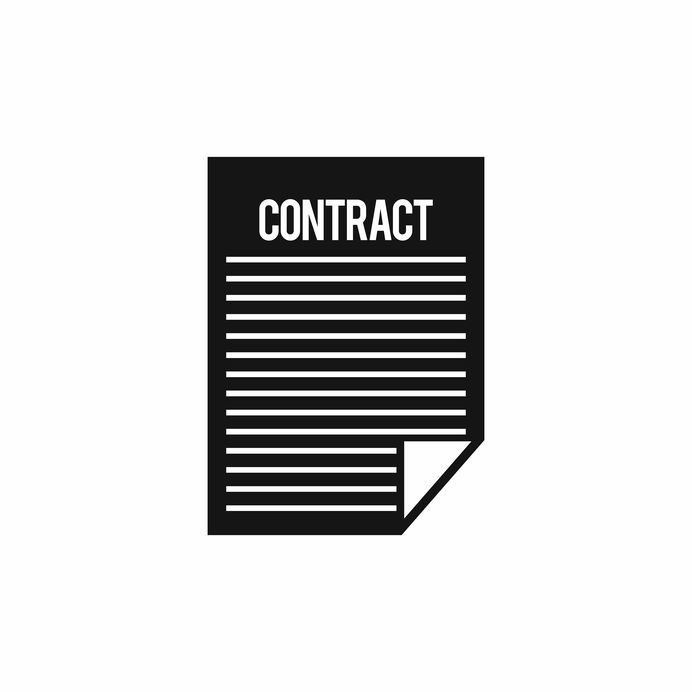The entertainment industry is a broad categorization of fields including fine art, dance, music, theater, film, radio, opera, publishing, television, and more. Contracts are necessary instruments in these fields to protect the creative works of artists in a way that allows them to profit from them.
Large entertainment companies, like record labels and motion picture studios, also use contracts to protect themselves against economic risk. Consumer interests can change quickly, leading some entertainment trends and artists to become immensely popular or to fall into obscurity. These changes in consumer interests create an economic risk for artists and the companies that work with them.
What is a Personal Service Agreement?
A personal service agreement is a contract between an artist and a company or individual that will produce, distribute, and promote the artist’s work. These contracts usually include terms that bind that artist with one party for a specified amount of time. Some important terms of these agreements that are unique to the entertainment industry include copyrights, name and likeness, exclusivity, payment, and royalties.
A common example of a personal service agreement would be between a musician and a record label. The musician creates songs and the record label produces, promotes, and distributes the songs. Many record labels use personal service agreements to ensure the musician remains with the record label for a period of time. During the time the musician is signed with the record label, the musician cannot create music for any other label, meaning that the personal service agreement creates an exclusive relationship between the musician and the record label.
What is a Booking Agreement?
A Booking Agreement includes the details and scope of a live performance including terms such as the date of the performance, compensation, cancellation policy, and other important provisions. These types of contracts are necessary to protect an artist in the event of a breach, such as nonpayment.
Booking agreements also protect performance venues. For example, if a musician causes physical damage to the venue, a provision in a booking agreement could make the musician contractually liable for the damage.
What is Work for Hire?
Generally under U.S. Copyright Law, the person that creates the work is the “author.” Work for hire is an exception to this rule. Work for hire means that the company that commissioned the work is the “author,” and thus the owner, of the work, rather than the actual artist. For example, if a graphic designer is hired to create a logo for a company, the company would own the logo design, not the graphic designer.








